Data. Being a nerd. Keeping notes. It can all help you craft effective communications plans and campaigns.
by Will Mapplebeck
Read moreYour Custom Text Here

Data. Being a nerd. Keeping notes. It can all help you craft effective communications plans and campaigns.
by Will Mapplebeck
Read more
We all know, really, that social media was designed for food tweets and pictures of animals, right?
by Will Mapplebeck
Read more
How often do you get into the really key meetings in your organisation? Getting there is the first hurdle. But once there we also need to be effective.
by Will Mapplebeck
Read more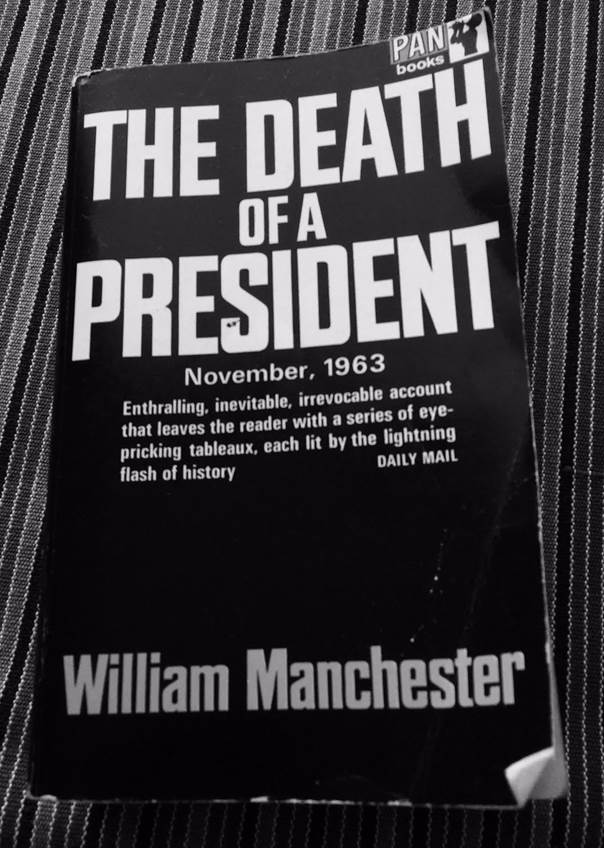 History teaches us many things. Not least how we have responded in times of crisis.
History teaches us many things. Not least how we have responded in times of crisis.
"The Lincoln continues to slow down. Its interior is a place of horror. The last bullet has torn through John Kennedy's cerebellum, the lower part of his brain.
"...at first there is no blood. And then, in the very next instant there is nothing but blood...Gobs of blood as thick as a man's hand are soaking the floor of the back seat..."
I recently read The Death of a President, William Manchester's brilliant unflinching account of the events leading up to and the aftermath of the assassination of John F Kennedy in November 1963.
You can see the Wikipedia entry about the book here.
Everything is in here, from the paintings on the wall of the hotel room where Kennedy spent his last night alive to the layout of the emergency room the president lay in at Parkland Memorial Hospital as doctors tried vainly to save his life.
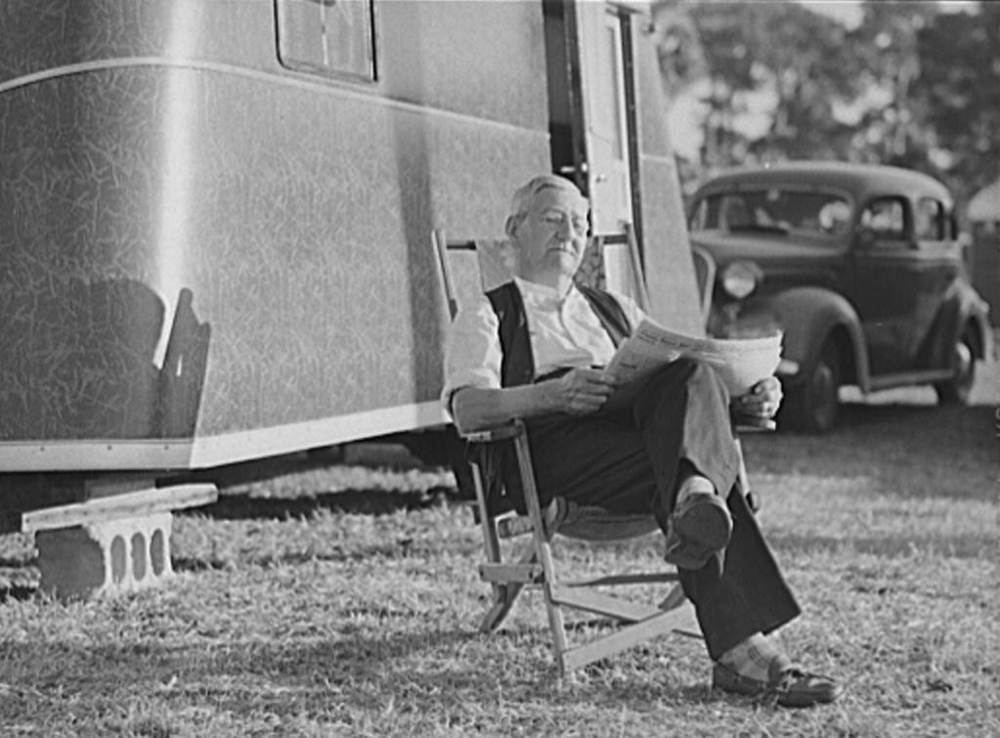 There's a generation of people now who have never bought a newspaper. Ever. And even for those of us who have it's more an occasional, old skool treat for a train trip or a day sat away from screens. So it's good to be reminded of the sway they once had, and, in some areas, still do...
There's a generation of people now who have never bought a newspaper. Ever. And even for those of us who have it's more an occasional, old skool treat for a train trip or a day sat away from screens. So it's good to be reminded of the sway they once had, and, in some areas, still do...
by GUEST EDITOR Will Mapplebeck
My first job in journalism was with the Westmorland Gazette in Kendal in the Lake District.
God, I was bored. I sometimes joke that I was there for almost three years and absolutely nothing happened.
There was one murder.
It was my week off and I missed it.
New Labour was elected, Princess Diana died, the IRA blew up half of Manchester city centre. There was a palpable sense that Britain could be on the cusp of big change.
But not in Kendal or its picturesque patch which still resembled what George Orwell was talking about when he described 'old maids cycling to Holy Communion through the morning mist'.
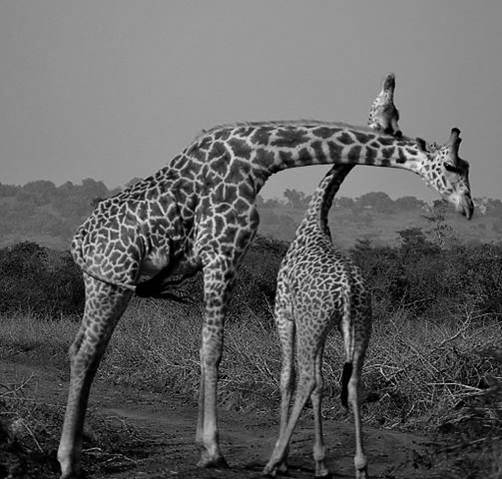 If you have worked in comms over the past seven years you'll enjoy this reflection on some of the changes we have all seen and experienced...
If you have worked in comms over the past seven years you'll enjoy this reflection on some of the changes we have all seen and experienced...
Back in 2007 we had five press officers. That’s five people who just did media enquiries and press releases.
I know this, because I was one of them. I joined Newcastle City Council as a press officer in September 2007 I'm about to leave it for Core Cities in Manchester with the far fancier title of Strategic Communications Manager.
Now is a good time to reflect on changes to a discipline that's been transformed in less than a decade. Here are the seven biggest things, one for every year I've been at Newcastle.
 So, what happens when you need to write a speech? For someone else? And your words can help win the day... or lose it? Here are some tips.
So, what happens when you need to write a speech? For someone else? And your words can help win the day... or lose it? Here are some tips.
It's 1987 and then vice president George H.W Bush is starting to think about the possibility of taking over from Ronald Reagan as the occupant of the White House.
There's an election to get through, but most analysts agree he's a shoo-in for the big job.
Only one problem, he's not sure what his presidency might look like.
 Remember the phrase ‘doing a Newcastle’?
Remember the phrase ‘doing a Newcastle’?
It entered the local government lexicon last year when we unveiled our budget proposals and said we’d have to scrap the funding we gave to arts institutions across Newcastle.
It caused a tremendous row, even the likes of Sting and Bryan Ferry got involved, and I wrote about it in a previous comms2point0 blog that you can find here.
As I said at the time, compared to some of the choices we had to make – for example closing respite centres for children and adults with learning disabilities – you might think that arts funding would not cause us that much reputational damage.
 There's lessons on the re-make of the political thriller House of Cards. Not just that if you live tweet a row with your boss you'll become an online hero.
There's lessons on the re-make of the political thriller House of Cards. Not just that if you live tweet a row with your boss you'll become an online hero."Power is a lot like real estate. It's all about location, location, location. The closer you are to the source, the higher your property value." - Frank Underwood.
What's so different about Netflix's House of Cards?
After all, it has everything we'd come to expect from a hit US drama - high production values, a razor sharp script and a Hollywood actor (Kevin Spacey) in the lead role.
But this one is different and it has a relevance for the world many of us work and communicate in every day.
Difference one is how the show has reached our screens. House of Cards, a remake of the BBC original, is made and broadcast by Netflix, a subscription based video-on-demand website.
Netflix is the first content carrier that has gone from simply buying up and broadcasting other people's programmes, to making its own.
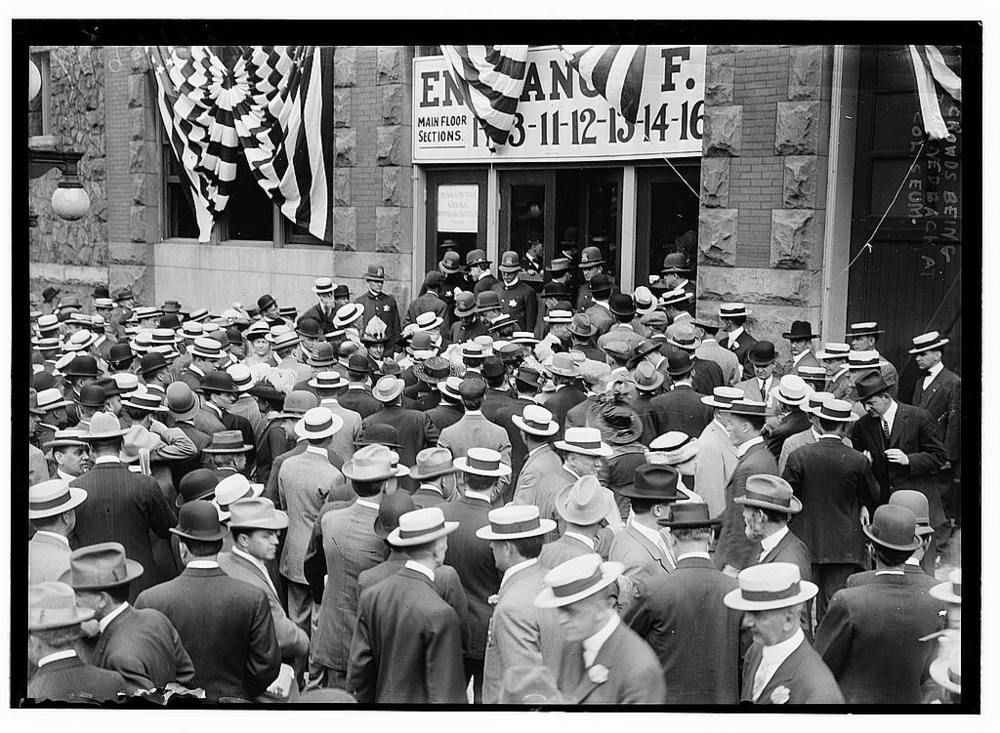 Right across the public sector there are tough budget decisions being made. Some will make more noise than others but how do you give a voice to ordinairy people alongside the voice of a powerful lobby?
Right across the public sector there are tough budget decisions being made. Some will make more noise than others but how do you give a voice to ordinairy people alongside the voice of a powerful lobby?
In November, Newcastle City Council launched a consultation on its 2013-16 budget.
Like other local authorities across England we found ourselves faced with some awful choices to balance the books.
This is a great time to be in communications, a brilliant time to be doing the jobs we do.
I'll explain why in a minute, but before I go on I don't want to downplay what a tough time many of us have been through.
In hard times, communications is often the first thing to go, viewed as an expensive luxury next to the real job of providing vital services to vulnerable people.
That means many of us have seen our jobs under threat, our roles reviewed and our working practices change. Before I did this job at Newcastle, I was on a temporary contract which sometimes rolled over month-by-month, so I know all about uncertainty.
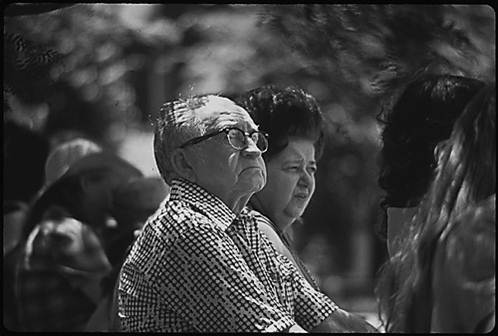 by Will Mapplebeck
by Will Mapplebeck
Remember the start of Jerry Maguire? For the few who haven't seen Cameron Crowe's much quoted 1996 rom-com, it starts with sports agent Jerry, played by Tom Cruise, frantically writing what he calls his mission statement at 1am in a Miami hotel room. He writes all night, pleading for a better more ethical sports business, hands it out and promptly gets the sack.
The memo is called 'The Things We Think But Do Not Say'.